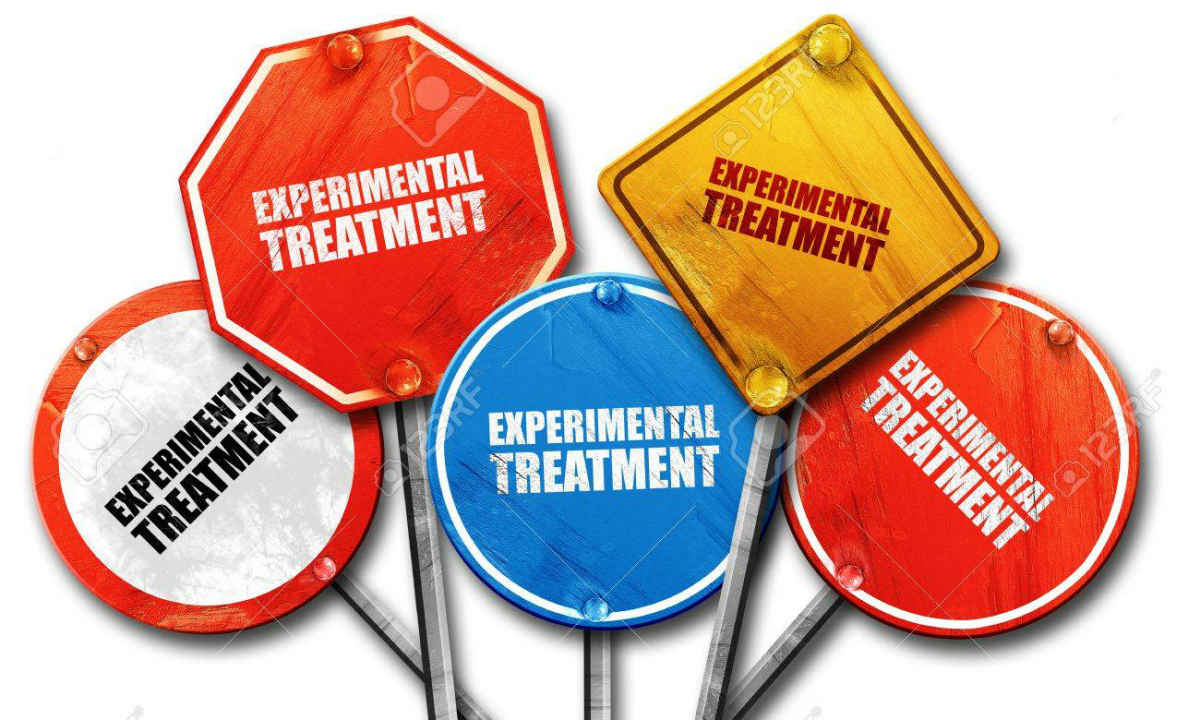
Nuffield Council explores ethics of experimental treatments
Advanced therapies, surgery, and fertility are a specific focus
The Nuffield Council on Bioethics has published a briefing note on the ethics of experimental treatments. These often spark controversies in the media, with negative stories about couples feeling duped over expensive fertility treatment “add-ons”, deaths following stem cell-engineered larynx transplants, and parents wishing to access experimental treatments for their children abroad.
Meanwhile, success stories such as the compassionate use of modified immune cells in babies with leukaemia show the potential of experimental treatments to help patients who have otherwise run out of options.
The Council notes that the use of experimental treatments can raise ethical issues such as:
- Difficulties in assessing how safe and effective the treatment will be
- Challenges around informed decision-making and consent
- The influence of online information – the availability of online information about experimental treatments can empower patients, but might fail to alert patients to the limits or risks of experimental treatments.
- Ensuring that treatment offered to a patient is in their best interests and not driven by other incentives
- Unequal access – not everyone can afford experimental treatments privately or abroad, and availability can vary between countries
- Negative impacts on knowledge generation. Information about the efficacy and side-effects of an experimental treatment might not be recorded and shared as it would otherwise be within a clinical trial.
Nuffield director Hugh Whittall explains that “Often, experimental medical treatments are considered as a last hope, when all other options have been exhausted. It is completely understandable that people in this position might be willing to try anything and everything they can, despite uncertainties about the efficacy or safety of the treatment, and the likelihood of there being significant costs involved.”
Advanced therapies. Experimental stem cell and gene therapies are often aimed at conditions for which there is no existing cure, such as cancers, multiple sclerosis and muscular dystrophy. They offer the potential of a tailored and bespoke treatment and some have been offered in the NHS. Others, however, raise ethical concerns such as unscrupulous marketing practises by clinics, the influence on patient's expectations of overly optimistic media reports, and the influence of public campaigns over access to very early-stage therapies.
Surgery. There is a strong culture of innovation in surgery. In this area of medicine – more than others – there can be a lack of clarity about what constitutes a new intervention, as opposed to a modification of a routine surgical technique, and patients are sometimes unaware that a surgical procedure offered to them is not routine. There is a lack of systematic oversight of new surgical procedures in the NHS. Initiatives such as the IDEAL collaboration are seeking to improve outcome reporting in surgical innovation.
Fertility. In the private sector, patients are increasingly offered “add-ons” to fertility treatment, with the aim of improving chances of a successful pregnancy. Despite costing between £50 and £8,000 extra, there is limited evidence to support the use of many add-ons, and a recent study found that some clinics in the UK are providing patients with misleading information about the supporting evidence.
Creative commons
https://www.bioedge.org/images/2008images/FB_experimental_treatment_1.jpg
experimental treatments
